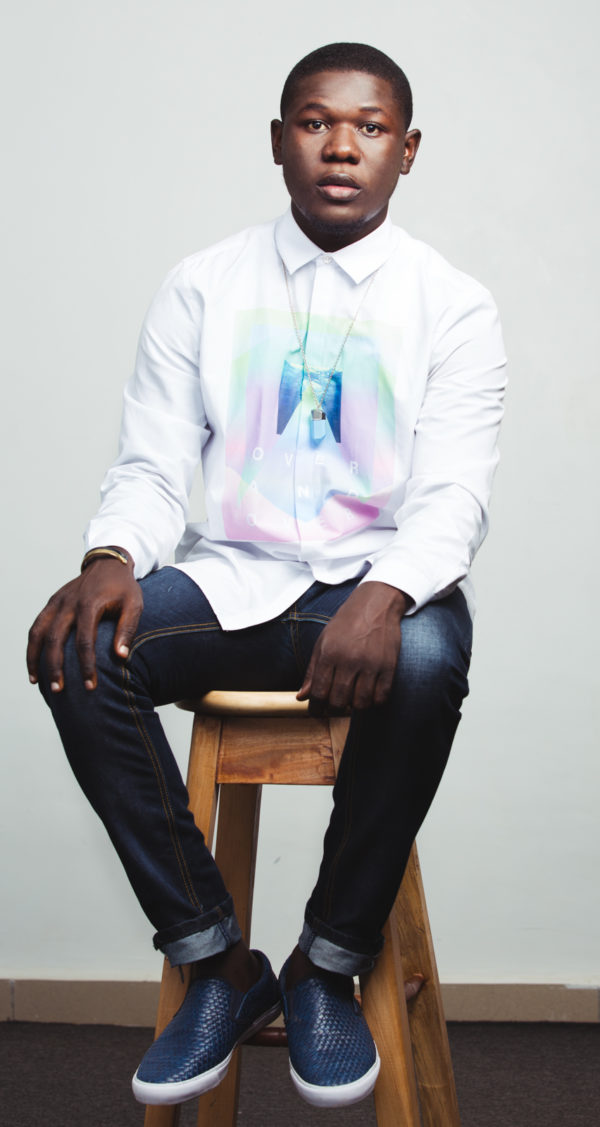
In 2017, the Nigerian lawyer Richard Akuson founded A Nasty Boy, a magazine that used provocative photography and fashion to push the boundaries of the portrayal of masculinity. The project’s unflinching colourfulness marked a new chapter in the visibility of queer Nigerians. And then late last year, Akuson was attacked by four men in his hometown in Nasarawa State, on the accusation that he was “spreading a gay agenda.” In a piece for CNN in April, he detailed the experience.
Two weeks ago, Akuson was named one of Forbes Africa‘s 30 under 30 entrepreneurs for 2019. In a new letter in The New York Times, he reflects on the costs of his family’s struggle to accept him, expectations of heteronormativity, and their censorship of him on social media.
https://www.instagram.com/p/BzneGxkAPEI/
Here is an excerpt.
Some days ago, I was at a pride event for gay Africans in Washington, in a West African basement restaurant. I was chatting with a few Nigerians when a charming photographer raised his camera toward us. They instinctively ducked as if dodging a bullet. “You can never tell where those pictures will end up,” someone said. I nodded in agreement.
We are gay men ostensibly living openly gay lives in the United States. But we live with the fear of our families back in Nigeria ever knowing that we are gay or, in my case, that I find even the slightest peace or comfort in it. I declined invitations to the D.C. Black Pride events for fear of being photographed.
I fail to live fully for the fear of getting into yet another fight with my parents. I dread the phone calls where they tell me how utterly ashamed and disappointed they are. After calls like that, I hang up. I hate myself and wish that I didn’t have to be gay, that it didn’t hurt so much.
The greatest pain is the constant fear of losing the people I love the most for a life that holds no promise of happiness. I’ve heard there is a beautiful, easy side to being gay, to loving another man somewhere along the journey. I know Pride is a celebration of this and much more, and for many others, it is a celebration of their own journeys to genuine pride in who they are.
Perhaps in another life, I would wear a floor-length, sparkly, rainbow-colored dress and the most elaborate synthetic neon wig, paint my lips red, wear big, false lashes and lock hands with the rest of my community in celebration.
But in this life, I am a traumatized Nigerian torn between the duty of family and living an openly gay life. I am a coward who gets mistaken for a hero. Pride is a luxury I cannot afford, yet.
Read the full piece on The New York Times.









COMMENTS -
Reader Interactions